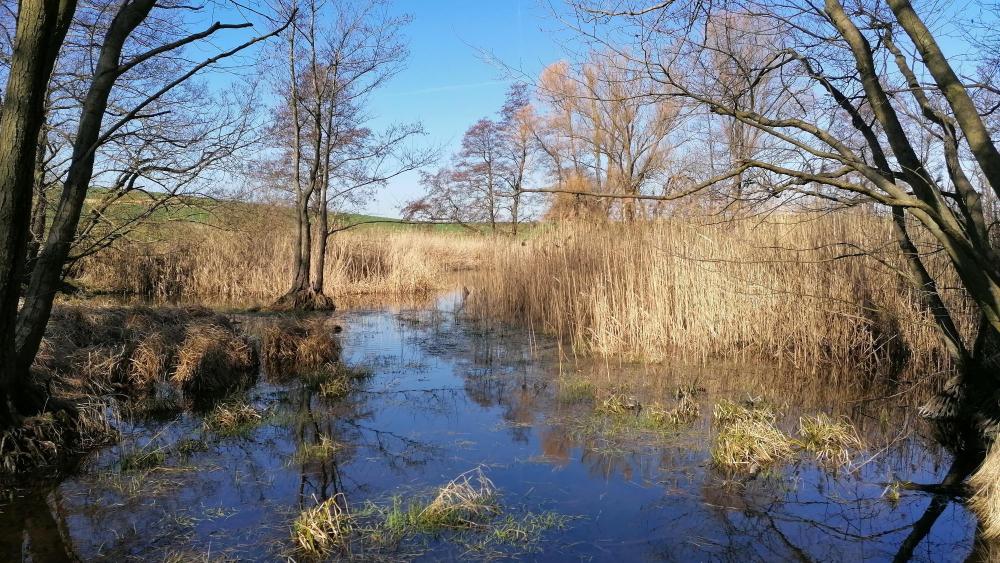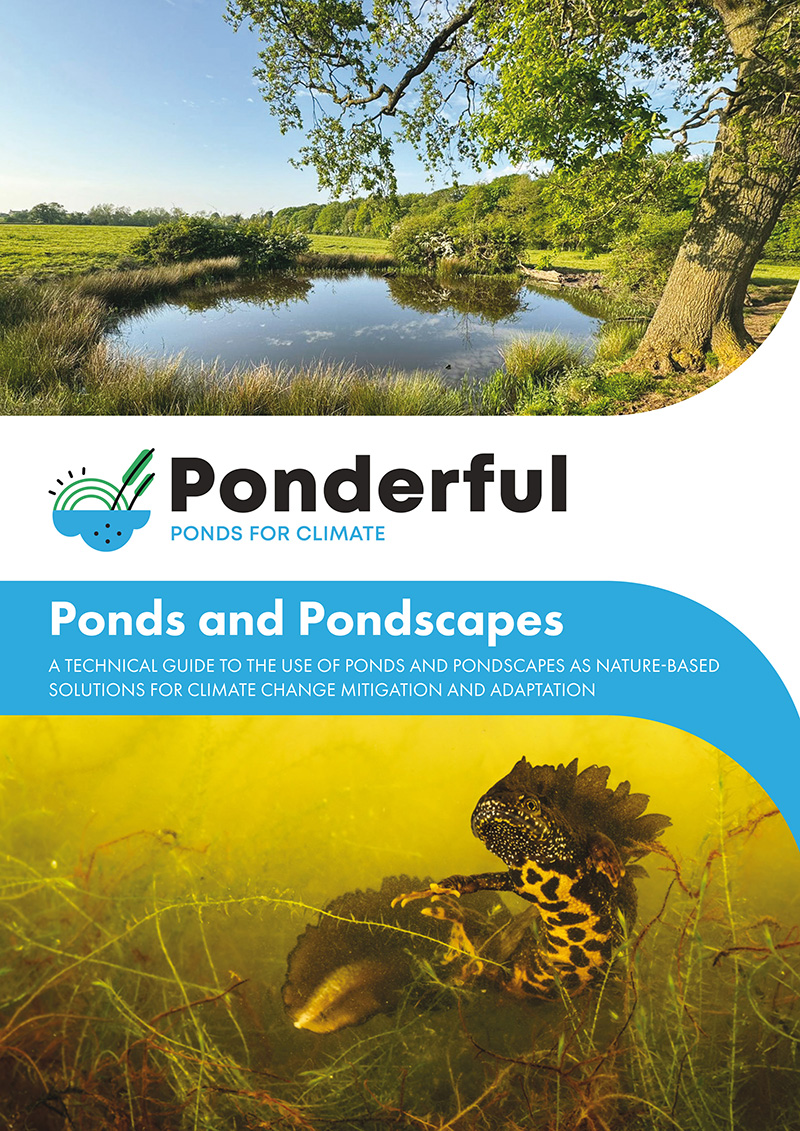
PONDERFUL
Short profile
Duration

Typical post-glacial kettle hole in the area of Lietzen (Brandenburg). 30 kettle holes in Brandenburg are the study objects of the Ponderful European survey (WP 2). | Photo: © Thomas Mehner/IGB
IGB (project lead Thomas Mehner) is part of a consortium that is running a new Horizon 2020 project ‘PONDERFUL’, led by the University of Vic (Spain). The project’s overarching aim is to develop improved methods for maximising the use of ponds and pondscapes in climate change adaptation and mitigation, biodiversity conservation and the delivery of ecosystem services. The project brings together experienced researchers from nine European states and from Turkey and Uruguay. It starts in December 2020, and runs for 4 years. IGB is very pleased to be one of the 18 project partners who are working together to deliver this important and innovative project.
Because of their small size, the significance of ponds has long been underestimated. However, research over the last 10-15 years has shown that, because of their abundance, heterogeneity, exceptional biodiversity, inherent naturalness and biogeochemical potency, ponds play a role in catchments, landscapes, and potentially at continental scale which is completely out of proportion to their small size. Research in PONDERFUL will increase understanding of the ways in which ponds, as a Nature-Based Solution (NBS), can help society to mitigate and adapt to climate change, protect biodiversity and deliver ecosystem services.
The project has five main components:
- Developing a strategic approach to engagement with stakeholders, to ensure that they are able to effectively implement the benefits of ponds as Nature-Based Solutions
- Through the generation of extensive new biodiversity and ecosystem services datasets, to better establish the relationship between pond biodiversity and the delivery of ecosystem services
- Establish models that enable us to test and optimise practical scenarios for the use of ponds and Nature-Based Solutions
- Create a set of demonstration sites across Europe which show to practitioners and policy makers how ponds can help to mitigate and adapt to the effects of climate change
- Ensure that the project’s outputs are widely known to policy makes, practitioners and other stakeholder.
Weitere Materialien zu Tümpeln und Tümpellandschaften (deutsch und englisch)
Andere Sprachen: PONDERFUL Technical Handbook and Policy Guidance document – Ponderful

H2020-EU.3.5.1., H2020-EU.3.5.2., Grant agreement ID: 869296; https://cordis.europa.eu/project/id/869296








